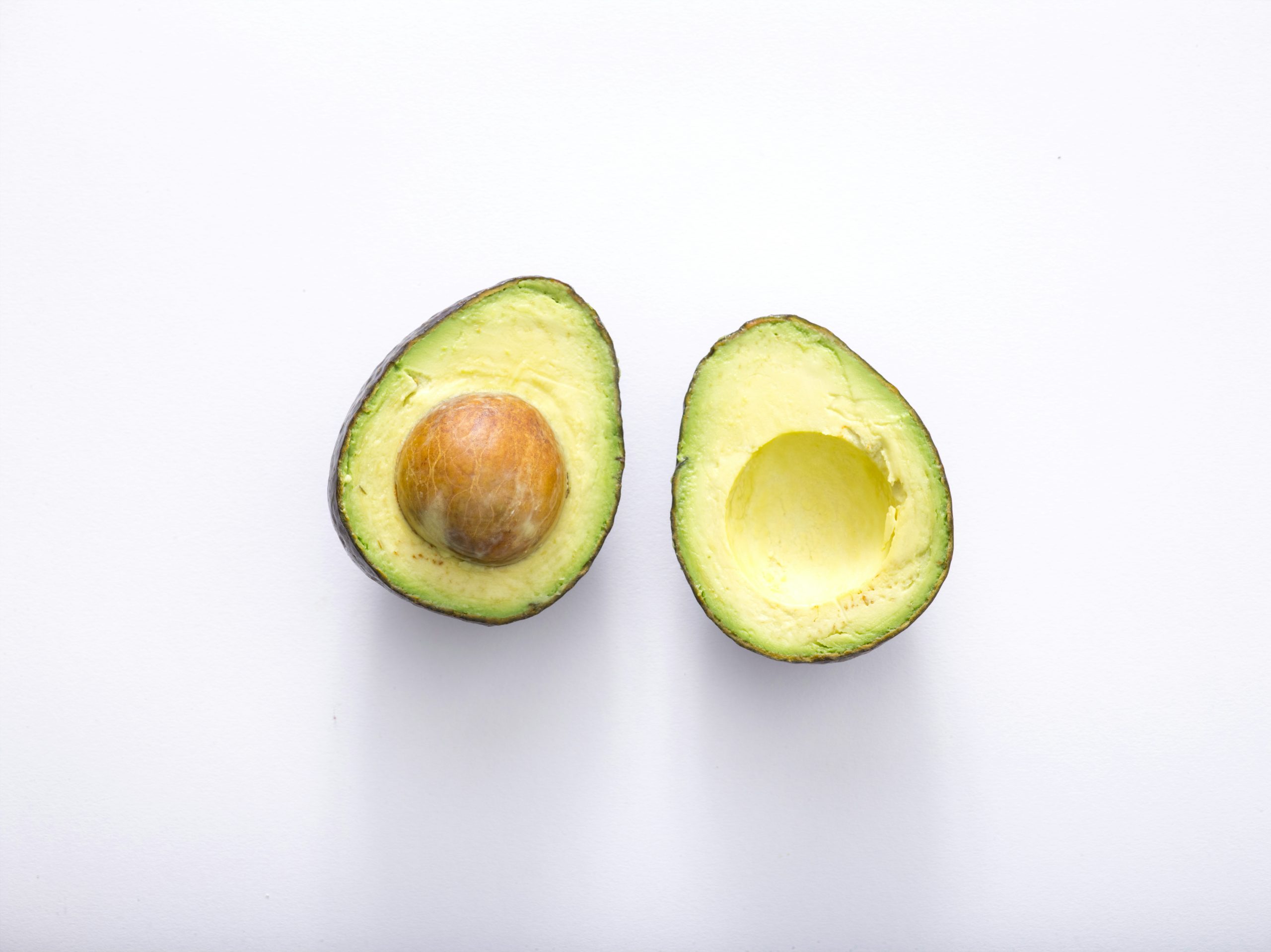Avocados and People with Diabetes Avocados are known as ‘the butter of the forest’ because of their rich fat content. This characteristic often leads people with diabetes to be hesitant about consuming them. However, the fat in avocados is primarily monounsaturated fat, which has a very positive impact on blood sugar control. Avocados have a very low glycemic index (GI) and are considered a ‘superfood’ due to their high content of fiber, vitamins, and minerals.
Key Benefits of Avocados
1. Blood Sugar Control: The abundant monounsaturated fats and fiber in avocados slow down the digestion and absorption of carbohydrates, preventing sharp post-meal blood sugar spikes. They also help improve insulin sensitivity, allowing for more effective blood sugar management.
2. Cardiovascular Health: Avocados help raise good cholesterol (HDL) and lower bad cholesterol (LDL) levels. This is crucial for reducing the risk of cardiovascular diseases, which are common complications for people with diabetes.
3. Satiety: Thanks to their high fat and fiber content, a small amount of avocado can make you feel full for a long time. This helps prevent overeating, aids in weight management, and consequently has a positive effect on blood sugar control.
Consumption Guide
Although avocados are healthy, they are high in calories, so it’s best to eat only about ½ to 1 avocado per day. You can add them to salads or use them in sandwiches to incorporate them into your diet in various ways.
Example: Adding a quarter of a sliced avocado to a chicken breast salad or mashing a quarter of an avocado onto a slice of whole-wheat bread can make for a great meal or snack.


Leave a Reply